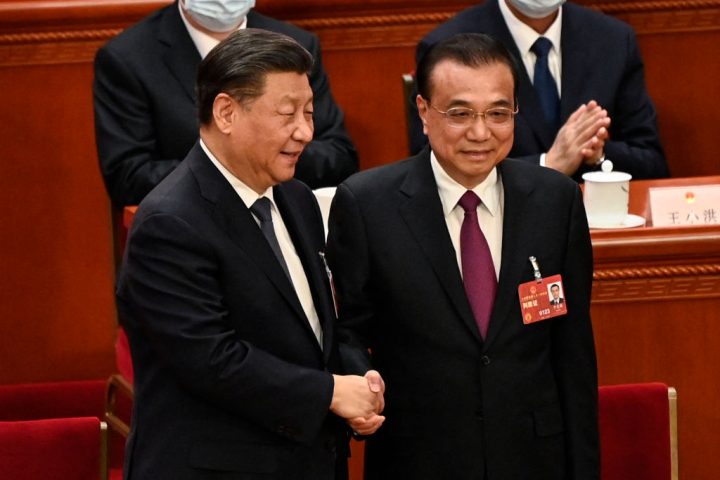Political deaths in China always carry the risk of social unrest. It was premier Zhou Enlai’s death that triggered the ‘democracy wall’ movement of the late 1970s, a student protest that was the precursor for the Tiananmen Square protest ten years later. In turn, the latter protest was triggered by former Chinese Communist party (CCP) leader Hu Yaobang’s death. Last night, the former premier Li Keqiang passed away of a sudden heart attack at the age of 68, so reports Chinese state media Xinhua. A few things will happen now.
It’s true that Li was not as well loved by the Chinese people as Zhou, nor was he explicitly associated with a liberalising reform agenda in the way that Hu was. Nevertheless, the premier with a PhD in economics was seen as something of a counter-weight to Xi Jinping: more business-friendly, more reform-minded, and at one point seemed to criticise zero Covid, (the economy was ‘to some degrees worse’ than in 2020, he warned last year).

Get Britain's best politics newsletters
Register to get The Spectator's insight and opinion straight to your inbox. You can then read two free articles each week.
Already a subscriber? Log in







Comments
Join the debate for just £1 a month
Be part of the conversation with other Spectator readers by getting your first three months for £3.
UNLOCK ACCESS Just £1 a monthAlready a subscriber? Log in